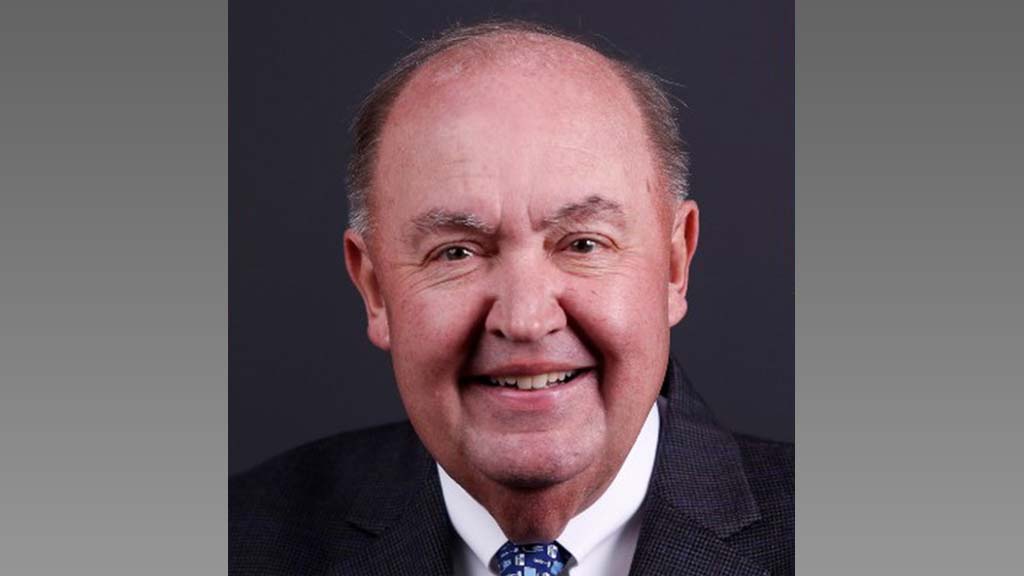OTA TV Supporters Speak Up
The professional video industry's #1 source for news, trends and product and tech information. Sign up below.
You are now subscribed
Your newsletter sign-up was successful

WASHINGTON: The FCC’s recent proposal to open up broadcast spectrum for wireless broadband use is starting to generate feedback. Two out of three commenters take the feds to task for going after over-the-air television. Literally. That’s two of a total of three comments, though the period for filing them just opened Dec. 6 with the publication of the proposed rules in the Federal Register. (UPDATE: The rules governing the use of unlicensed devices in TV channels were published Dec. 6. The broadband proposal was published Feb. 1, 2011. I apologize for the error.)
“As an individual who chooses OTA television, I am shocked by the FCC’s assault on broadcast television,” Marsha Levy wrote. “In practical terms, this ‘reallocation’ will mean the end of OTA television, and will end a major communications and entertainment service used by millions of Americans. Many people do not use any pay TV, and although their ranks are steadily increasing due to economic hardship, the OTA audience includes many people who simply reject the offerings of pay TV--and the continually increasing costs of these often marginal services.”
Levy, who did not include her location in her comments, said “The FCC’s effort to reallocate television stations from VHF and UHF bands will bankrupt local television stations in the area where I live, all of whom have struggled to replace their broadcasting equipment for the DTV transition. They will not be able to pay for new equipment again. It is that simple.”
Michael N. Taniwha, a licensed ham operator in Longmeadow, Mass., took a similar position.
“As a member of the public that extensively utilizes over-the-air broadcast television services I... strongly urge the FCC to reconsider the means by which they wish to solve an unproven future [sic] mobile broadband spectrum problem by the repurposing of present day U/V broadcast television spectrum. In the FCC’s attempt to solve a potential future mobile broadband spectrum shortage may in itself only create additional problems for the FCC by reducing competition in the market for high-definition digital television services and any further development of datacasting services and mobile television using ATSC-M/H.”
Verizon was first to file comments on the docket, No. 10-235 in support of the spectrum redesignation. Comments are due March 18, 2011; with reply comments due April 18, 2011. (Dates corrected. - DMc)
The professional video industry's #1 source for news, trends and product and tech information. Sign up below.
